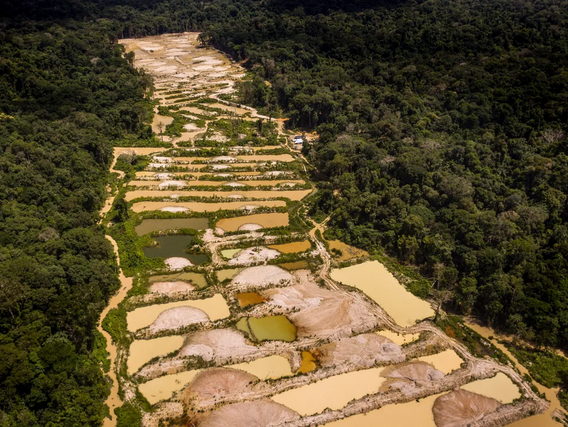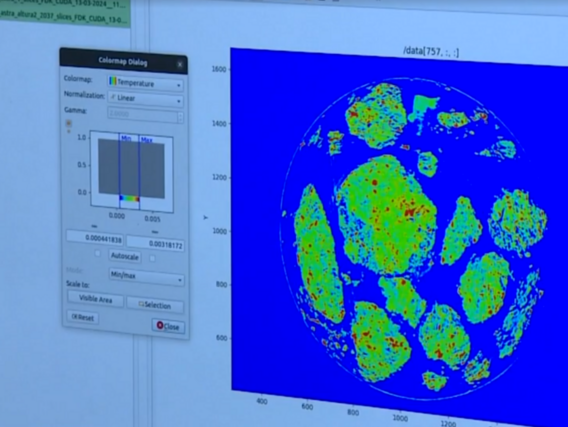
On 20 March, the Federal Supreme Court (STF) made a landmark decision when it ruled that the then-current policy of good faith in the trading of gold from gold mines was unconstitutional.
The change is likely to have a major impact on the mineral value chain in Brazil - with direct effects on the economy, the environment and inspection mechanisms.
But what is the presumption of good faith anyway? What are its impacts? And what will change in practice with this decision?


